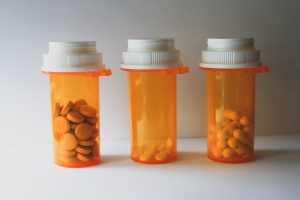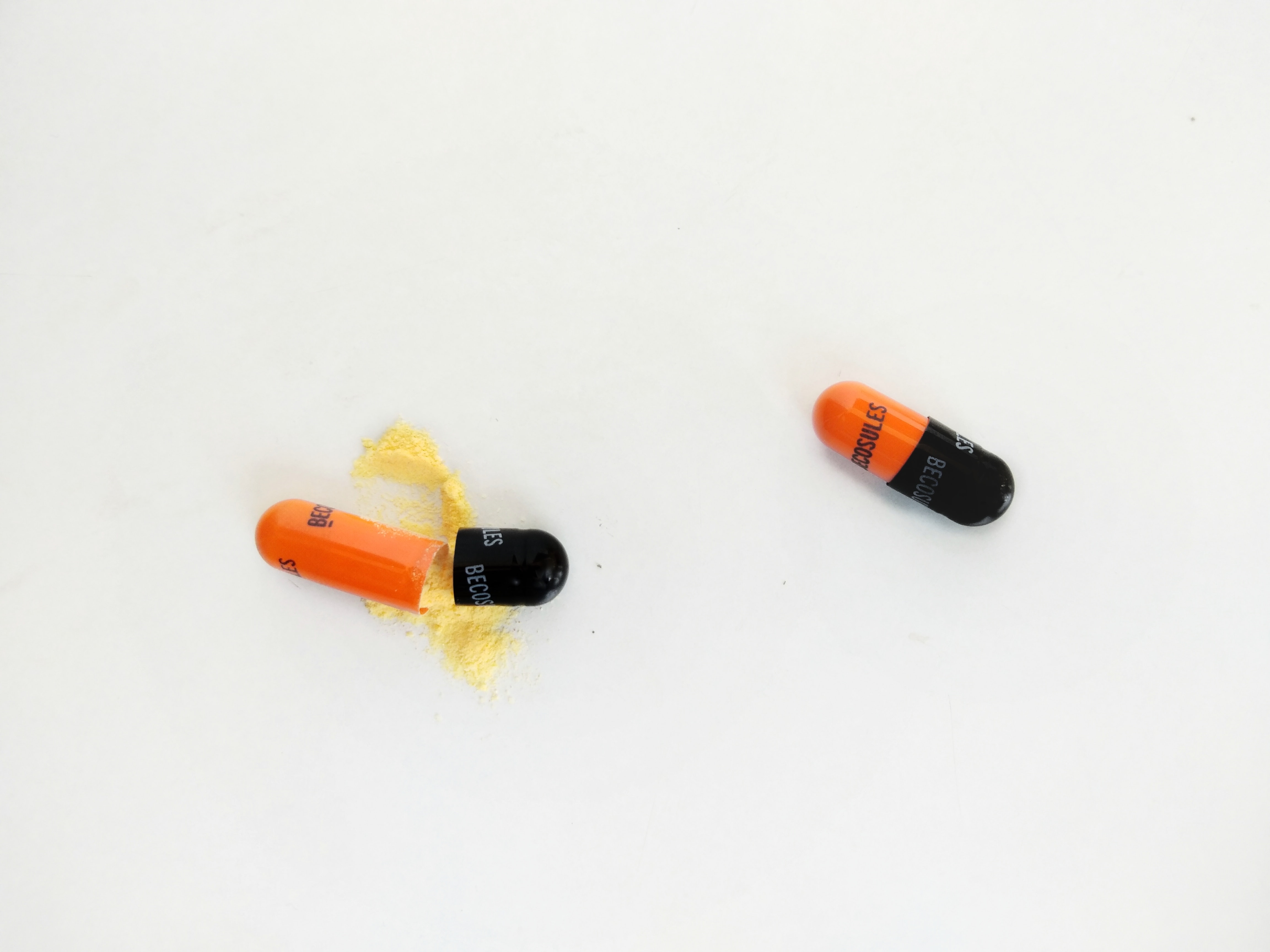Teva is taking a gamble, using its coronavirus solution to assume it will not be charged criminally.
Teva, the world’s largest maker of generic drugs, recently pulled out of settlement talks with United States Justice Department, which had been investigating the Israel-based company for conspiracy to inflate drug prices. Shortly, the agency will determine whether to file criminal charges against one of the world’s largest pharmaceutical companies for allegedly “colluding with rivals.” However, Teva believes the Trump administration will not press charges, because these charges would leave it unable to sell drugs to federal programs.
For years, the Justice Department and state prosecutors have been investigating what they describe as “a conspiracy by pharmaceutical companies to increase the prices of popular drugs,” issuing $224 million in penalties from a handful of other companies. Up until now, attorneys for Teva had been holding settlement negotiations with the agency’s antitrust division. Teva officials have said, “The company did nothing wrong” and that they plan to “vigorously defend themselves.”

Executives and board members believe another reason the Trump administration will back down is because the president has shifted his focus to the anti-malaria drug, hydroxychloroquine, as a possible “game changer” to fight the coronavirus and Teva was among the companies that made it available in the U.S. Thus, Teva positioned itself as a valuable partner. What’s more, Teva officials view the federal case as “overly reliant” on a single ex-employee who has struck an immunity deal with the government.
Robert Field, a professor of law and health policy at Drexel University, said the company is very likely using hydroxychloroquine to better it’s position. He said, “It’s hard to believe that Teva does not have that in mind and does not see some kind of absolution in producing a drug that might help us come out of a national nightmare while they are facing quite serious criminal charges.”
Ronny Gal, a research analyst with Bernstein, agrees. He added, “Teva and other generic companies had seen working with the Trump administration as an opportunity not because more sales of hydroxychloroquine would be profitable – pills cost pennies – but because they want to be viewed as a partner. It’s your chance, at a relatively low cost, to have a very large P.R. campaign.”
Previously, back in 2016, the Justice Department found, “Teva and its subsidiaries paid millions of dollars in bribes to government officials in various countries, and intentionally failed to implement a system of internal controls that would prevent bribery,” according to Assistant Attorney General Caldwell, who added at the time, “Companies that compete fairly, ethically and honestly deserve a level playing field, and we will continue to prosecute those who undermine that goal.”
As a result of that probe and by Teva’s own admission, it was uncovered that Teva officials and the company’s Russia-based employees paid bribes to a Russian government official to increase sales of Teva’s multiple sclerosis drug, Copaxone. The company also admitted over the course of the investigation that it bribed a senior government official within the Ukrainian Ministry of Health to influence the Ukrainian government’s approval of Teva drug registrations.
Sources:
A Drug Company Wagers the U.S. Won’t Dare Charge It With Crimes


Join the conversation!